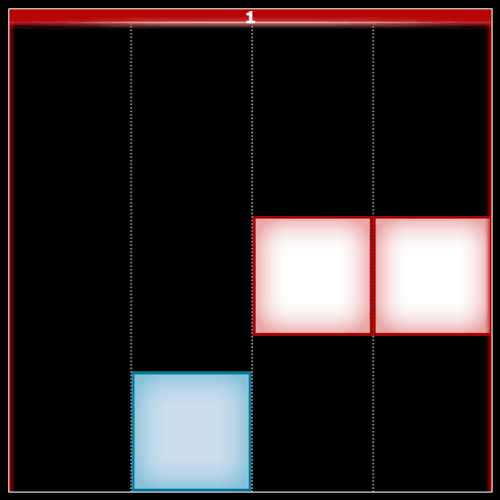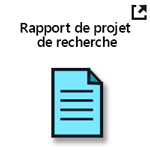Physiological user research - Experiementation/Game
Master's project
Goal
Study the effects of frustration in a game on motivation, engagement and arousal on users.
Challenges
Use and learn a complete methodology for capturing and analyzing signals from a commercial EEG headset (Emotiv Epoc) and, in a short time with a limited number of subjects, obtain results indicative of the users' state in different game sequences.

